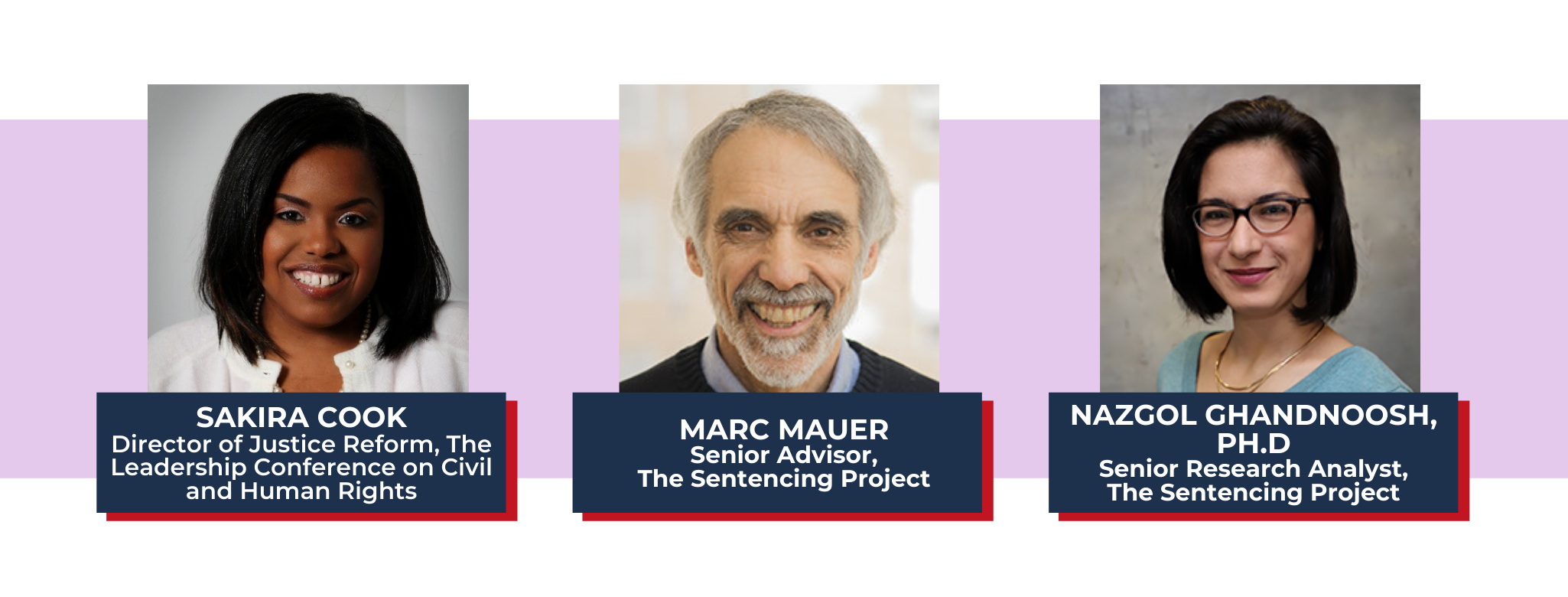On Wednesday, December 9th, the Millennial Action Project (MAP) virtually convened legislators and experts around an important topic within criminal justice reform: sentencing. The panel included three experts on the topic:
Marc Mauer, Senior Advisor of The Sentencing Project
Nazgol Ghandnoosh, Ph.D., Senior Research Analyst of The Sentencing Project
Sakira Cook, Director of the Justice Reform Project, The Leadership Conference on Civil and Human Rights.
We also heard from Representative Leslie Herod (D -CO) and Speaker Pro Tempore Representative Tanner Magee (R-LA), who are the co-chairs of MAP’s Criminal Justice Reform Advisory Council. The Advisory Council includes in total four Republicans and four Democrats.
Steven Olikara, Founder and CEO of MAP, emphasized that MAP’s Criminal Justice Reform initiative has been a unique issue in that it has helped underscore the importance of bridge building in legislatures.
Rep. Herod contended that long prison sentences are not beneficial for creating reform in offenders, but are very good at creating more prisons and keeping people in the system for far too long.
Rep. Herod also said,
“I’m excited to be here with MAP, because as Millennials, we have a unique opportunity to envision something different for our state, and we’re able to stay in the fight for the long haul.”
Marc Mauer explained that the United States leads the world in the rate of incarceration. He discussed the issue of racial biases in sentencing, stating that a white defendant is considerably more likely to receive a plea offer to avoid longer prison sentencing than is a black defendant. This issue contributes to mass incarceration.
According to Mauer, very few people think that prisons make better people out of those incarcerated, and that people support prisons because they don’t know what else to do. Therefore, reform is extremely necessary.
Nazgol Ghandnoosh contended that Millennials tend to be more liberal on issues of prison reform. According to Ghandnoosh, the majority of Americans support legalizing marijuana, with this support leaning mostly younger. This is impactful, as there are around 600,000 marijuana arrests per year, with extreme racial disparities.
Sakira Cook discussed transforming the legal system, stating that true justice lies in investments in communities. Cook noted,
““What we need moving forward is strong partnerships, similar to what MAP is putting together, to move policy and reform in the right direction.””
She emphasized that bipartisanship is imperative to moving criminal justice reform forward, noting that areas of disagreement can’t undermine the work that legislators are trying to do.
The panel discussion concluded with questions from the virtual audience. The panelists emphasized that criminal justice reform is an important, bipartisan issue.

